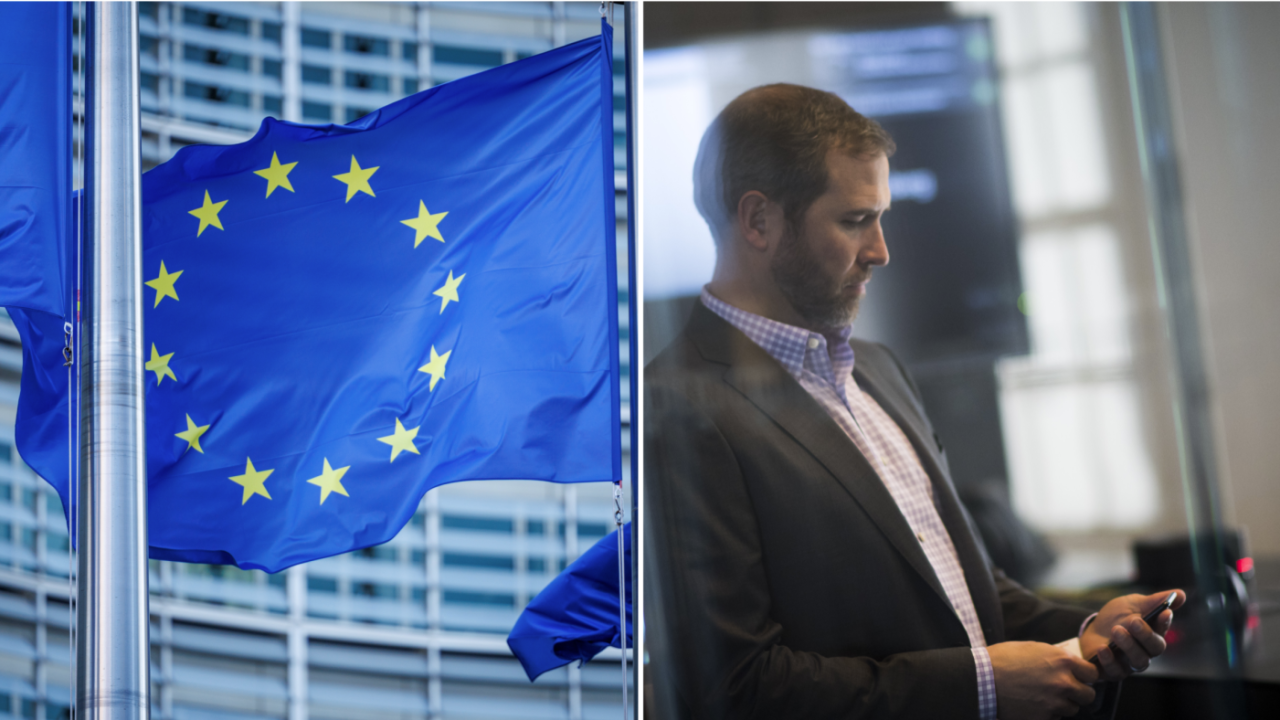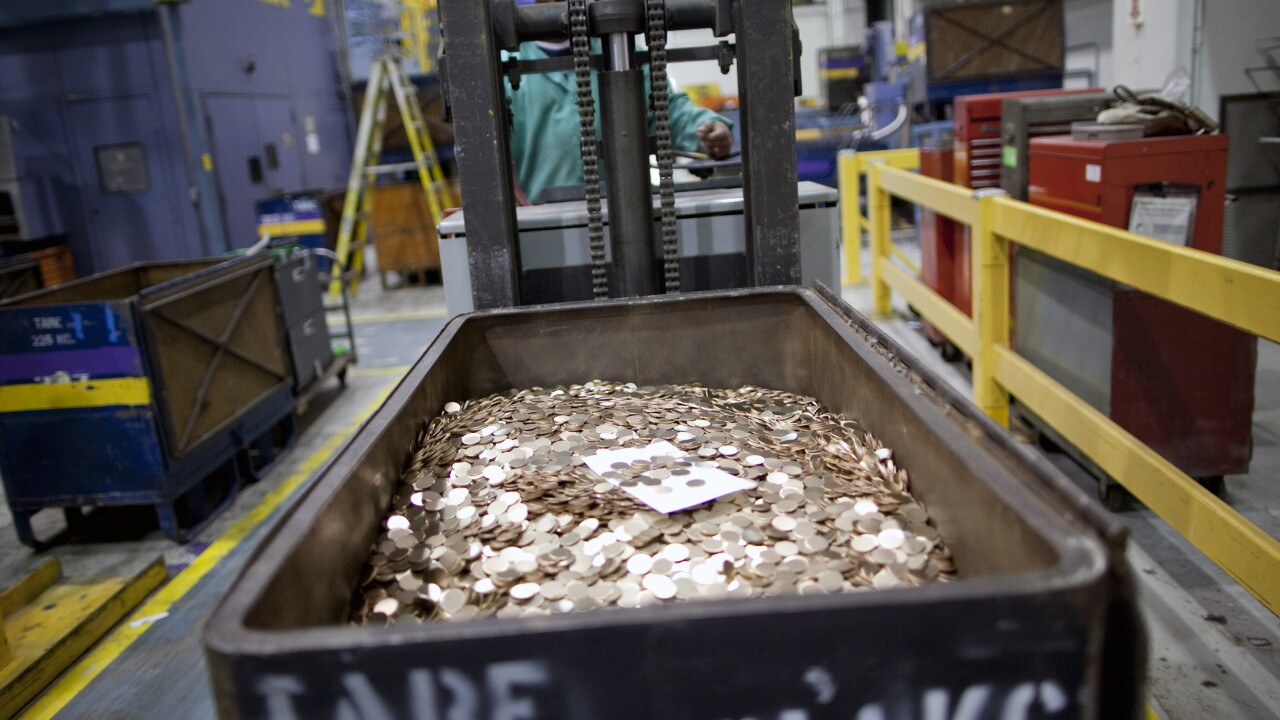-
Michael Carrazza, a private equity investor who bailed out Patriot National Bancorp, is eager to make loans while searching for the optimal exit strategy.
March 11 -
The Connecticut company just recaptured its deferred-tax asset, which padded third-quarter earnings. Still, some observers believe Patriot National's improved health, and presence in affluent markets, could lure suitors.
November 14 -
Patriot National Bancorp in Stamford, Conn., will recognize a one-time gain of $16.6 million in third quarter profits, due to the partial reversal of its valuation allowance for deferred tax assets.
October 15
Patriot National Bancorp in Stamford, Conn., is healthy enough to join in industry consolidation.
That's the view of Kenneth Neilson, the $641 million-asset company's chief executive. Neilson, who took the helm at Patriot two years ago, had spent most of his early tenure stabilizing a balance sheet that cratered in the wake of the financial crisis.
After successfully leading a turnaround, Neilson is keen on finding a small-bank acquisition to improve Patriot's prospects. The company, which has 10 branches in affluent suburbs around New York, has never made an acquisition in its 21-year history.
"We're looking for a good fit to jump-start our growth," Neilson said, noting that the company doesn't have a "magical size" in mind. "It needs to geographically make sense," he said.
A focus on deals coincides with PNBK Holdings — Patriot's ownership group — adding a high-profile private equity firm to its roster of investors. PNBK
PNBK, led by Michael Carrazza,
Patriot's backing from private equity has led to speculation about an eventual sale, but the company's
Though company lacks a track record in M&A, Neilson had plenty of experience in that field. Before joining Patriot — first as a director in 2010 before becoming
Over 17 years of Neilson's leadership, Hudson used 18 bank acquisitions to bulk up from $550 million in assets to $9 billion. The company sold itself to TD Bank, the U.S. unit of Toronto-Dominion Bank, in 2006.
"We grew phenomenally that way," Neilson said, adding that he sees similar potential for Patriot.
Patriot has been putting capital to use in other way by revamping its branch network, while also investing in technology and buying back previously leased offices. Neilson said the company, which owns six of its branches, is exploring options to buy back the other four.
Investing in its own real estate has given Patriot chances to increase noninterest revenue. For instance, its Greenwich, Conn., building has office space for three other businesses, Neilson said. Ownership allows the company to collect, rather than pay, rent.
"It's more economical to own a facility than to pay rent," he said.
Buying branches has also given Patriot the flexibility to make renovations. The company plans to add public meeting rooms to all of its branches — a move that Neilson said will cost the bank about $40,000 per branch. The rooms will be designed as work spaces for small business and will include equipment for video conferences and slide presentations.
The upgrades will help Patriot distinguish itself from competitors and signal to the community that "we intend to be here for a long time," Neilson said.
A return to profitability has also helped Patriot explore new strategies. The company earned $16 million last year, largely by recapturing its deferred-tax asset, after suffering six straight years of losses. Patriot's 2015 net income through Sept. 30 was $1.6 million.
Patriot has also reinvented itself as commercial-oriented bank in the past two years, reflecting its decision to exit residential mortgages in 2013. The company had been unable to sell its mortgages to the secondary market, given its dismal performance during the downturn, while intense competition also contributed to the decision, Neilson said.
The company decided to double-down on commercial lending, developing a niche of financing local nonprofits — entering a business line that requires a certain level of expertise.
One of Patriot's recent projects — the renovation of the Wall Street Theater in Norwalk, Conn. — will be paid for, in part, by state tax credits, Neilson said. Over the past 100 years, the theater has featured performances from musicians ranging from John Philip Sousa to the Wu Tang Clan.
Patriot provided a $5.2 million construction loan for the theater. The remaining costs of the $7.5 million restoration, set for completion early next year, came from state and federal agencies.
"We're having a lot of fun," Neilson said.





